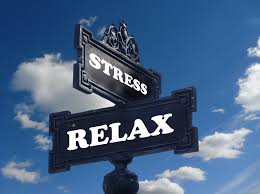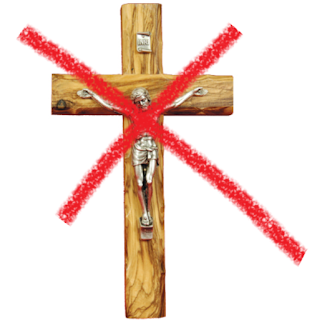Post-traumatic stress

Mail, extract made anonymous It just so happens that one of my relatives was attacked a few weeks ago. He felt weak, ashamed and guilty and is now turning in an extreme way to the Catholic religion (having grown up in a Catholic family, he never questioned his faith but it had never had a big place in his life, never conditioned his thoughts, his every move). He expresses, as you mention, a great fear of death and hell (which obsesses him), convinced that he is not a good person and that he must constantly redeem himself in the eyes of God. He thinks he has opened his eyes and rediscovered life and death as a result of his aggression. He even tries to convince me despite the fact that I am an atheist. Do you think it can just be a phase? Could it be the only thing he has found in order to get answers and to which he is trying to "hang on" following the trauma he has experienced? How to act in this kind of situation? How to help him, how to get him out of this mystical deliriu...


